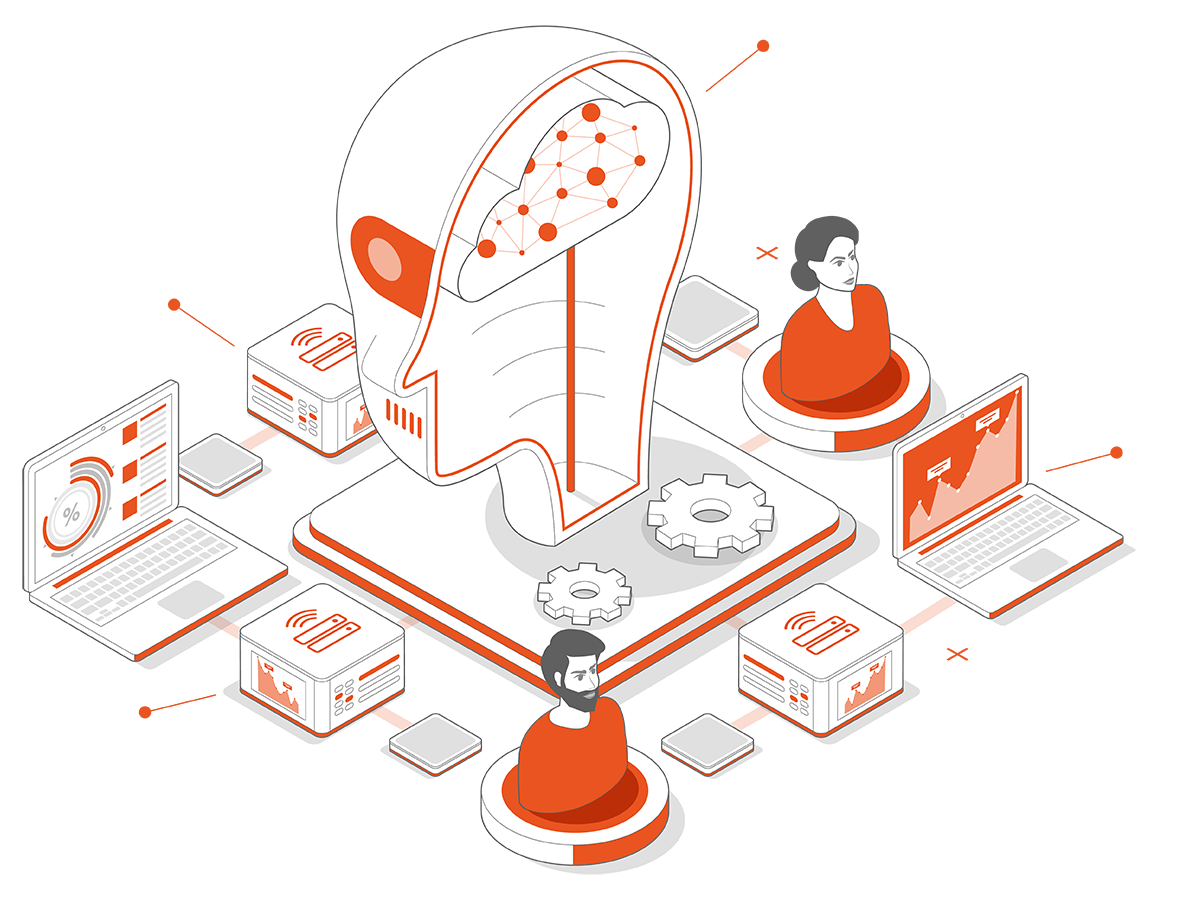Why use Ceph for AI storage?
Enterprises deploy Ceph storage as it delivers on many of the key capabilities they need:
- Scalable: A Ceph storage cluster can provide storage for all workloads from a single cluster, with almost limitless scalability.
- Flexible: Applications can access storage in several different ways. Ceph is a multi-protocol storage solution that allows access over Block, File and Object protocols, ensuring compatibility with any application.
- Cost optimised: Not all data needs to be stored on the fastest storage all of the time. Ceph allows for different tiers of storage, enabling a price-performance match between workload and cost to serve.
In this webinar we will explore typical use cases for external storage for AI systems, the workflows, the impact AI has on storage systems, and also the impact that storage systems can have on your AI jobs.
Join the webinar to learn about:
- AI storage use cases
- Storage economics
- Performance considerations
- Typical hardware configurations
- Storage security
Free Resources:
Additional Resources
Software-defined storage for enterprises
A guide to utilizing Ceph for your enterprise cloud storage needs
Cloud storage cost optimization
Learn how you can reduce your storage costs with cloud-adjacent storage
Introduction to cloud-native storage
Understand what is needed from a storage system to support containerised workloads in private clouds

